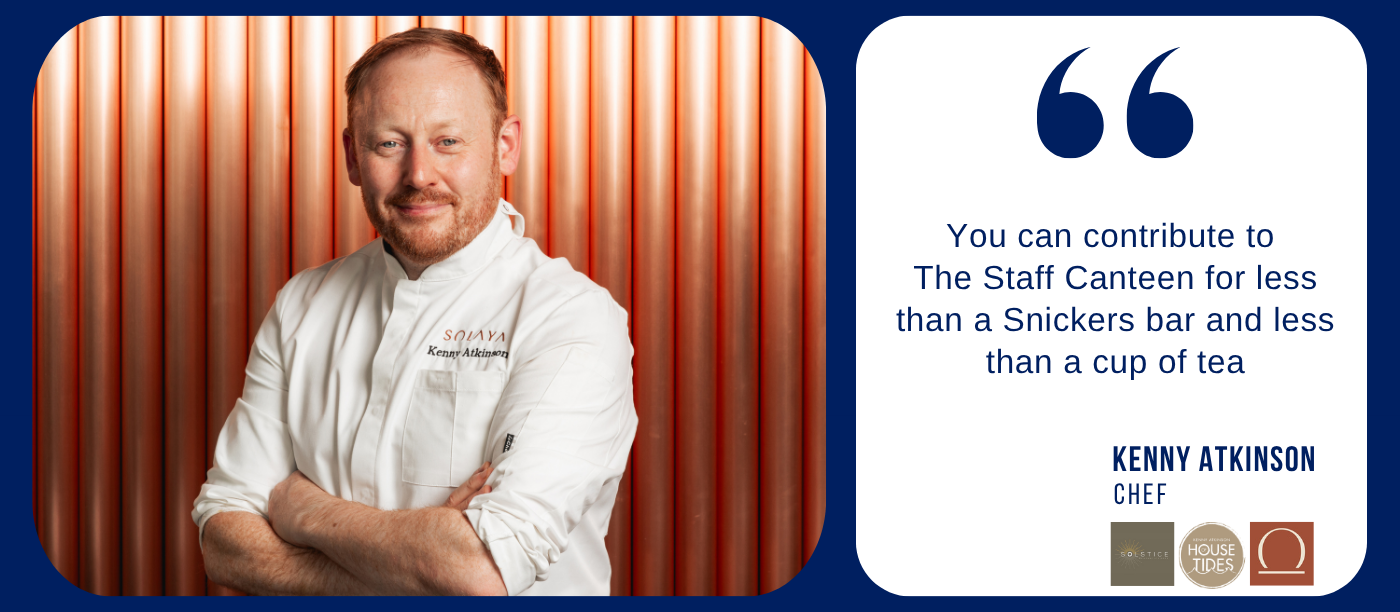that looking inwards will create enough revenue to uplift struggling businesses - and dismisses the idea that the British market will be willing to pay the same price as the EU, the lowest threshold allowing many suppliers and fishing businesses to survive.
"On the French markets they're willing to pay that extra bit more for the produce," he explained, and the likelihood of the British market size increasing enough to compensate is "almost impossible."
"In Europe, they see the value of the product - it's healthy, high in protein," acquiescing to the point that it is also "delicious, of course, when it's prepared right."
"But here in the UK, the market is much smaller."
Though he would love for Keltic to sell more produce throughout the UK, he said, "you could draw a 50-mile radius around London" when it comes to locations able to pay for the best Scottish seafood available.
"The London guys are willing to pay that bit more than the guys up North of the border."
"At the end of the day, we can't sell it cheap.
"We have to get the best price that we can for it so we can keep our company in a good position and pay our hard-working suppliers a competitive price."
Holding government accountable for the Brexit deal
The government, who he says disregarded calls from a unified voice in the industry to put safeguards in place prior to our leaving the European customs union, not only needs to return to the negotiating table, but must put measures in place to boost and protect the industry from within.
"It can't be an aspiration unless government can provide some form of dispensation," he said, as "the consequences [of Brexit] are already catastrophic" for many fishing businesses and processing firms.
The effects will bite hardest in the fishing villages, where, he said, "that's all they've got," leading many to simply pack their generations-old businesses in.
"If you look at bankruptcies of firms or firms getting put under, the peak for that is March-April, because that's when accounting periods are looked at and that's when people are making decisions."
"I think we're already going to see a number of firms folding this year - be they small family fishing businesses or larger process-despatch businesses," he said, as well as an older generation in the sector who may just decide to cut their careers short.
"Some people will have no choice but to take on debt, soldier on and hope for the best, I think that's going to have to be the solution."
"It's like jumping into the abyss - you just don't know if it's going to come good, and when."
Selling direct to consumers
That having been said, the more end-user oriented business model is one that many have had to adopt as a result of the pandemic, and one which Alaisdair expects Keltic will continue to explore in the future.
"We are changing our tactics a bit," he explained, with plans to set up a fishmongers in Edinburgh's St James' Quarter, "hopefully that will help to bolster things, get the product out there and also get the name out there."
The consumer base is one that they will have to branch out to, he said, "because we need to build resilience in the company."
"The seafood is there - all through lockdown the guys have been allowed and able to go and fish and we've had a very good winter for fish."
"It's just so galling that there are people out there wanting to eat it and we weren't in a position to get it to them."













